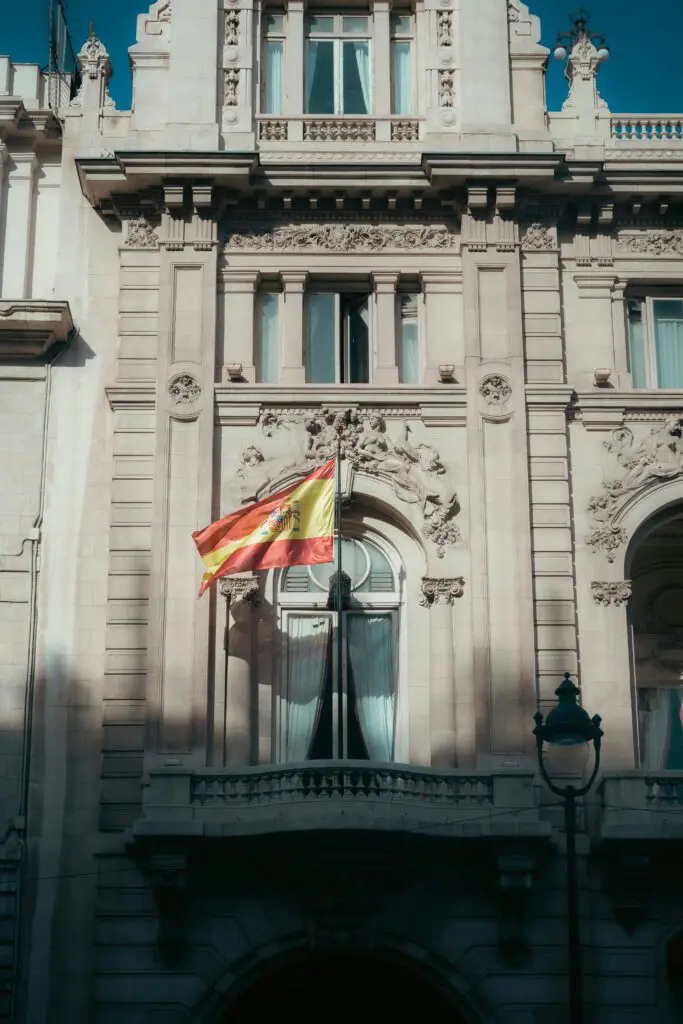Making a will in Spain (I). Getting ready for the British exit of the European Union involves many administrative processes for individuals and companies, which are rapidly coming to terms with what will be day-to-day life from 2021. Firms like Del Canto are busy helping clients update anything from their citizenship status, to their tax residence or their asset ownership structure. However, for other issues, the UK was indeed already pursuing different approaches to the rest of Europe. One of these is the regulation on wills and inheritance taxes. Here, we will explain how the British regime is different from the Spanish since 2015.
Before that, even if this is not an issue that is affected by the 2021 deadline, it is important to make plans about your assets in advance. Holding property in a foreign country, while living in another one, has always caused certain trouble (before or after Brexit). Checking with specialised lawyers and tax advisors on your will and inheritance today, will help you take care of any other administrative adjustments you have to make after 2021.
The 2015 Spanish changes in wills and inheritance taxes
There is an important constituency of British citizens with assets in Spain. Perhaps many of them believe they do not have to worry about inheritance, since they are still young and maybe they have the intention of returning to the UK in their old age. Others might simply assume that rules are the same across most countries. Both groups are wrong. First, because taking care of your affairs in advance can avoid much conflict if the worst were to happen. Can you imagine the complexity conflicts about ownership and family ties taking place across borders? The second assumption is also wrong: Spain has a different succession law regime.
The most recent change took place 17th August 2015, based on EU Succession Regulation No 650/2012 (Brussels IV). The UK, even before Brexit, had prerogatives allowing the country to opt out from certain regulations. As a result, Brussels IV was not adapted in British law. However, there were many wills drafted before 2015 that have not taken into account the new regulations. Whether in Spain or in the UK, any wills must adapt to Brussels IV for assets held in Spain.
The reason why it is important to review your single British will, or all of your wills across EU countries, is because asset governance after death is ruled by location. That is, the succession law to be applied will depend on the country where the deceased was deemed to be a resident. Of course, this might be adverse to the tax planning the deceased or his or her family had in mind.
What is the solution? Well, it is all connected to how the will in particular is drafted, and where. The 2015 regulation allows those drafting the will in Spain to apply one or another country’s succession law. These wills must still be supervised and signed by a registered notary, and later submitted to the relevant registry. These two steps should be conducted with expert assistance. Del Canto, with a mixed team of British barristers and Spanish abogados, is perfectly positioned to offer advice across both jurisdictions. We have also advised on multinational tax and asset holding.
In any case, our advisor will also explain that the court also has the last word in determining jurisdiction. As stated, the deceased can choose an EU Member State’s legislation to determine succession rules. However, national courts can also decline jurisdiction. For instance, this is very relevant in the UK, where the High Court is exclusively in charge of awarding grants of representation.
In conclusion, it is very important to be aware of these geographical factors involved in planning wills and heirship. Not least because death is often unexpected, but also because many old wills are unaware of these changes in regulation. While most succession cases are solved smoothly and with clarity, others are conflictive. For instance, determining permanent residency can be a problem in certain cases, as most people are unaware of the rules and they could change after Brexit. Adding jurisdictional issues and multinational legal contradictions to such a delicate process is unnecessary stress. The best option is to contact an experienced team, like the one dealing with multiple jurisdictions at Del Canto Chambers, to avoid these pitfalls.
In the next post on making a will in Spain, we will discuss another notable difference with UK regulations: the forced heirship rule. This is yet another issue justifying the need to settle heirship and wills in advance.
Del Canto Chambers is a leading London Chambers specialising in commercial law and tax, both domestic and international.
We can offer you extensive advice and guidance in putting the right legal structure in place for your new business. Our legal experts can work with you throughout the life of your enterprise, ensuring that it has a sound basis and that all compliance issues are properly dealt with.
To make a no-obligation enquiry, please either call us now on:
+44 2070 430648 or Make An Online Enquiry.








